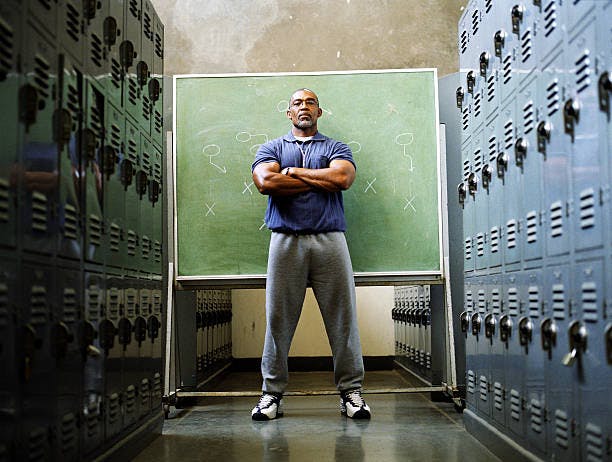Featured courses
- Lessons from the Positive Coaching Alliance by Neil Brown
- Sports Participation Rate Bar Chart by CoachTube
- 3 Lessons Every Young Coach Learns by Trevor Strong
- The Ultimate Guide for Coach and Player Communication by Alli Williams
- The 5 Traits of a Mentally Tough Athlete by Alli Williams
- IT’S COACHING MOMENTS LIKE THESE THAT CHANGE A KID’S LIFE by Jacob
- Huge Takeaways for You and Your Child from 3 Top College Coaches by Janis Meredith
{"thumbnail_height":null,"width":700,"author_url":null,"type":"rich","cache_age":null,"version":"1.0","thumbnail_width":null,"thumbnail_url":null,"title":"Sports Participation History | Flourish","height":575,"description":"Flourish is the most powerful platform for data visualisation and storytelling","embed_url":"https://public.flourish.studio/visualisation/456855/index.html","author_name":null,"html":"

